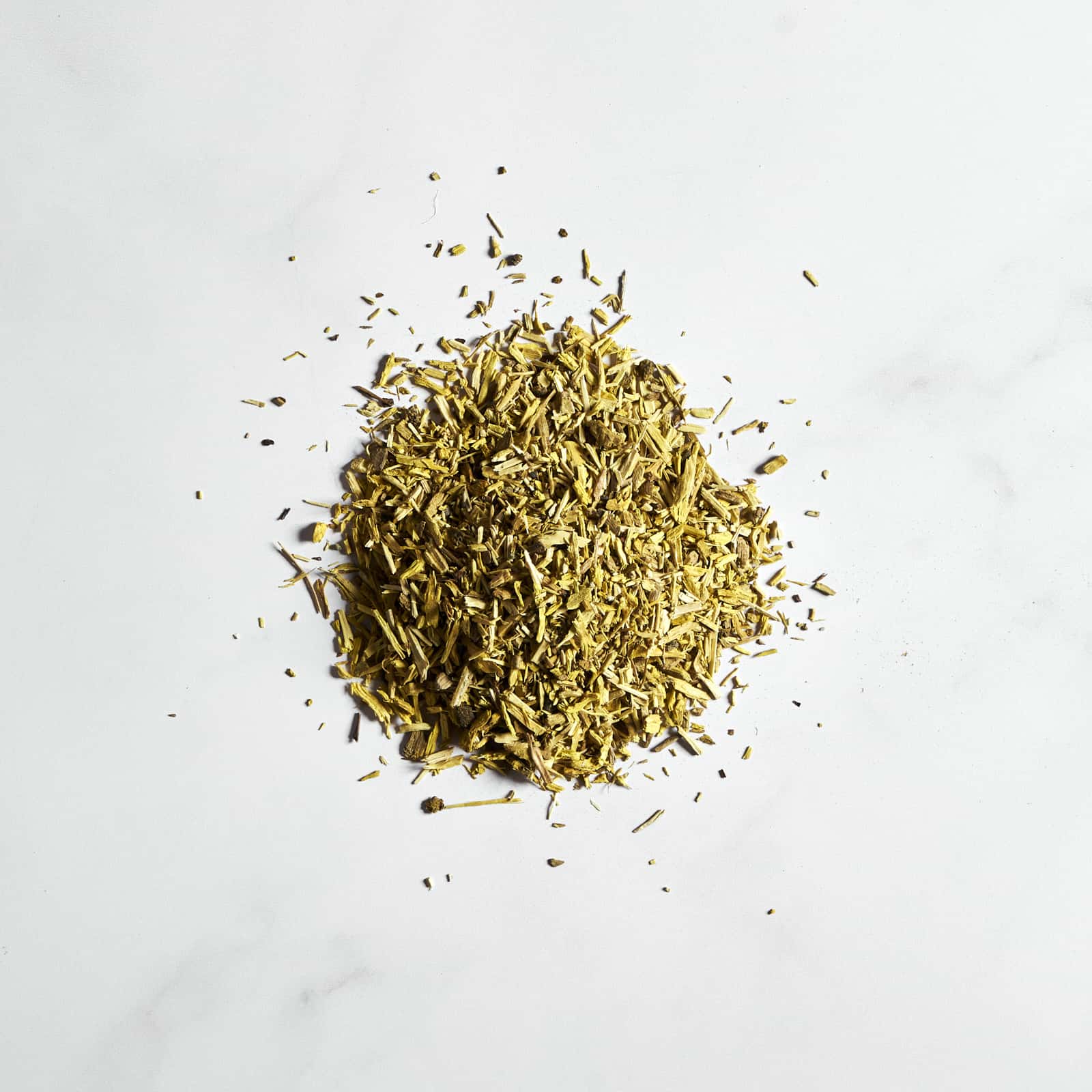Barberry {Berberis vulgaris}

Barberry has a long history of being beneficial for digestive system disorders by increasing the flow of bile. It is often used in cases of diarrhea, constipation, dyspnea and loss of appetite. It contains the alkaloid Berberine making it a strong antimicrobial. Traditionally Barberry Root was used as a blood purifier for conditions affecting the kidneys and liver.
A tea made from the bark is taken during the spring months as a blood purifier. A strong decoction is employed as an application to the sores which sometimes afflict children’s lips, and in certain conditions of the system demanding tonic treatment, the infusion is a favourite remedy.
Family Berberidaceae
Habitat a native of Europe and naturalized in Asia
Part used Bark of root or stem and fruit
Associated Systems
Immune System, Urinary System, Digestive System, Integumentary System, Musculoskeletal System
Actions
Bitter digestive stimulant, Mild sedative, Spleen tonic, Antiseptic, Inflammatory-modulating, Antimicrobial (especially against Leishmania spp), Immuno-modulating, Alterative, Astringent, Hepatoprotective, Cholagogue, Anti-pyretic, Anti-hemorrhagic, Hypotensive, Anti-emetic, Hepatic stimulant
Indications
Gallstones or gall bladder inflammation, Liver disease, Jaundice, Gastritis, Ulcerative stomatitis, Splenomegaly, Eczema of the hands, Candidiasis at any site, Gastroenteritis and H.Pylori infection, Chronic skin diseases like psoriasis and acne (topically), Malaria, Weak debilitated systems
Warnings & Interactions: 2bA {Safety Chart}
These monographs are not intended to diagnose, treat, cure, or prevent any disease or illness. It is always advisable to consult with your trusted Herbalist or healthcare professional prior to use. Click here to book your appointment.
References:
. Find a complete list of references for this monograph and a review of its evidence based applications in “Naturopathic Botanical Medicine” by Dr. Anthony Godfrey, and Paul Richard Saunders with Kerry Barlow, Cindy Gilbert, Mathew Gowan and Fraser Smith.
. Teachings by John Redden
.*King’s American Dispensatory, 1898, was written by Harvey Wickes Felter, M.D., and John Uri Lloyd, Phr. M., Ph. D.
. https://www.henriettes-herb.com/eclectic/kings/berberis-vulg.html
